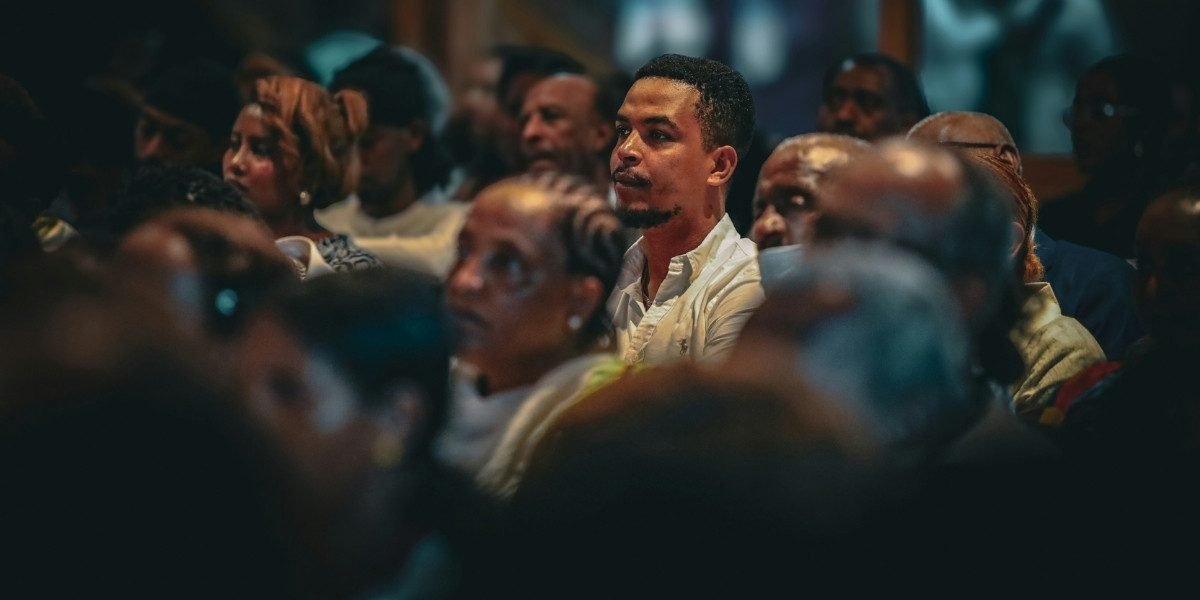Black religious traditions have long served as a foundation for identity, resilience, and community. These traditions include Christianity, Islam, and African-Indigenous belief systems. Each has contributed to how individuals and groups understand themselves and relate to others.
During enslavement, religion became a source of survival and resistance. Christianity, introduced by slaveholders, was often reinterpreted by enslaved Africans. They blended biblical teachings with African spiritual practices, creating unique expressions of worship. These included call-and-response singing, rhythmic movement, and coded messages in spirituals.
Spirituals were more than songs. They carried hope, direction, and quiet defiance. Lyrics often referenced freedom and escape, offering comfort while signaling resistance.
The Black church emerged as a central institution. It provided spiritual guidance, social support, and a space for organizing. Leaders drew on religious teachings to advocate for justice and dignity. Over time, the church became a place where identity was affirmed and community was built.
Islam also played a role. Some enslaved Africans brought Islamic traditions with them. These practices persisted quietly and later reemerged in organized communities. African-Indigenous religions, though often suppressed, remained present through rituals, healing practices, and oral traditions.
Each tradition adapted to new conditions while preserving core values. This flexibility helped sustain cultural identity across generations.
Community, Ritual, and Cultural Continuity
Religious gatherings often serve as more than spiritual events. They provide structure, connection, and shared meaning. Weekly services, prayer circles, and seasonal celebrations help mark time and reinforce belonging.
Rituals such as baptism, naming ceremonies, and funerals carry deep significance. They link individuals to their families, ancestors, and broader communities. These moments often include music, storytelling, and symbolic gestures that reflect cultural heritage.
Religious spaces also support emotional well-being. They offer comfort during loss, encouragement during hardship, and celebration during milestones. The presence of elders, mentors, and peers creates a sense of continuity and care.
In many communities, religious traditions are passed down through family. Children learn prayers, songs, and stories from parents and grandparents. These lessons often extend beyond doctrine, shaping values and behavior.
Food, dress, and language used during religious events also reinforce identity. Shared meals, traditional garments, and regional dialects help preserve cultural memory.
These practices don’t remain static. They shift with time, location, and personal experience. Yet they continue to serve as anchors, helping individuals feel grounded and connected.
Faith as a Source of Social Action and Resilience
Black religious traditions have often supported movements for justice and equality. Leaders have drawn on spiritual teachings to challenge oppression and advocate for change. Sermons, scripture, and prayer have been used to inspire courage and guide action.
Religious institutions have hosted meetings, organized protests, and provided resources. They’ve offered safe spaces for planning and reflection. This role continues today, with churches, mosques, and spiritual centers supporting civic engagement and community care.
Faith also helps individuals cope with adversity. Belief in a higher power, the comfort of ritual, and the support of community can reduce stress and promote healing.
Resilience is often expressed through storytelling. Testimonies, parables, and historical accounts remind listeners of past struggles and victories. These stories reinforce the idea that challenges can be faced and overcome.
Spiritual teachings often emphasize dignity, purpose, and hope. These messages help individuals maintain self-worth and direction, even in difficult circumstances.
As noted in BLK News, Black religious traditions have shaped not only spiritual life but also cultural identity, social justice efforts, and community strength.
Long-Term Influence on Identity Formation
Over time, religious traditions shape how people see themselves. They influence values, relationships, and life choices. For many, faith is not separate from identity but woven into it.
Religious teachings often guide decisions about family, work, and community involvement. They provide a framework for understanding right and wrong, success and failure, joy and grief.
Participation in religious life can also shape public identity. The way someone dresses, speaks, or interacts may reflect their spiritual background. This visibility can foster pride and connection, but it may also invite misunderstanding.
Education and storytelling help bridge these gaps. Sharing the meaning behind rituals, symbols, and beliefs can promote respect and understanding.
Religious traditions also influence artistic expression. Music, dance, visual art, and literature often draw on spiritual themes. These works help preserve tradition and communicate identity across generations.
As communities change, religious practices adapt. New interpretations, blended rituals, and evolving roles reflect current needs while honoring the past.
The enduring presence of Black religious traditions continues to shape identity in personal, communal, and cultural ways. These traditions offer structure, meaning, and connection that support well-being and affirm belonging.








